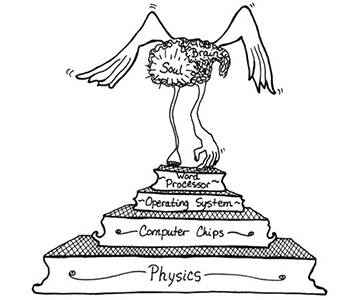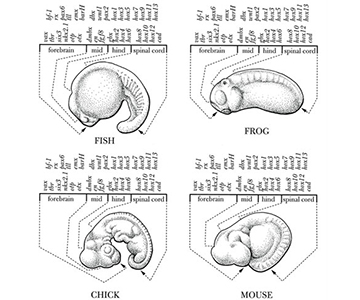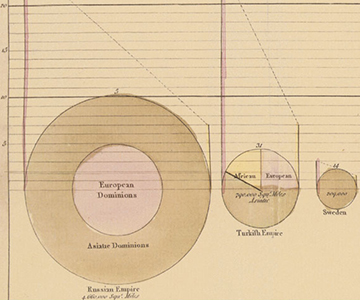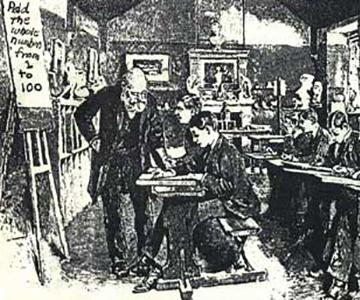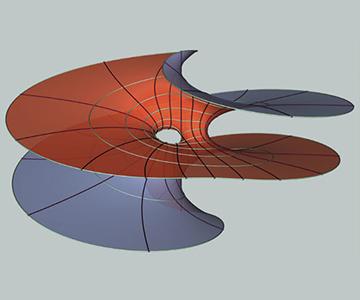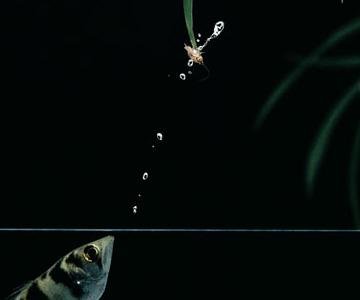Magazine
May-June 2006
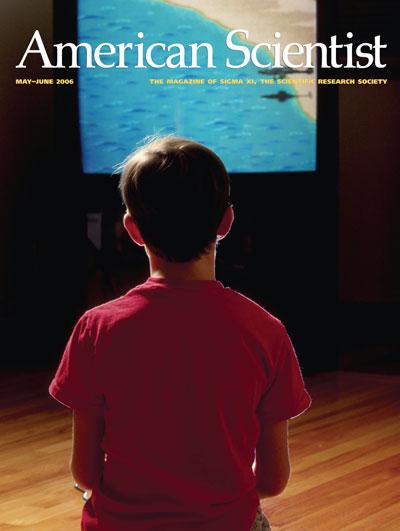
May-June 2006
Volume: 94 Number: 3
Continually changing scenes can keep a child (or adult) riveted to a television screen for hours. Why are fast-changing images in a video game or music video so intensely pleasurable? In "Perceptual Pleasure and the Brain," Irving Biederman and Edward A. Vessel propose that the human brain has evolved a craving for information that can be satisfied through continual visual stimulation. Information from the eye speeds along pathways in the brain that are rich in opioid receptors—the same pleasure-modulating molecular receptors that are targeted by opiate drugs—ultimately reaching so-called association areas, where memories are elicited. A phenomenon called competitive learning can explain why our craving for information sends us in search of visual novelty and richly interpretable patterns. Using evidence from brain-imaging studies, Biederman and Vessel suggest that boredom sets in when people are presented inputs at a rate slower than their rate of comprehension. (Photograph by Bill Varie/Corbis.)
In This Issue
- Astronomy
- Biology
- Chemistry
- Communications
- Computer
- Engineering
- Environment
- Evolution
- Mathematics
- Medicine
- Physics
- Policy
- Psychology
- Sociology
- Technology
The Interplanetary Transport Network
Shane Ross
Engineering Mathematics
Some mathematical sophistication allows spacecraft to be maneuvered over large distances using little or no fuel
Genetic Strategies for Controlling Mosquito-Borne Diseases
Fred L. Gould, Krisztian Magori, Yunxin Huang
Biology Engineering Medicine
Engineered genes that block the transmission of malaria and dengue can hitch a ride on selfish DNA and spread into wild populations
Perceptual Pleasure and the Brain
Irving Biederman, Edward Vessel
Biology Evolution Psychology
A novel theory explains why the brain craves information and seeks it through the senses
A Coprological View of Ancestral Pueblo Cannibalism
Karl Jan Reinhard
Anthropology Communications Sociology
Debate over a single fecal fossil offers a cautionary tale of the interplay between science and culture
Scientists' Nightstand

Short takes on six books
Amos Esty, Brian Hayes, Greg Ross, Roger Harris, David Schneider, Michael Szpir
Communications Review Scientists Nightstand
Birding Babylon · Negative Math · Sky in a Bottle · The Real Mars · FAB · The Singing Life of Birds

